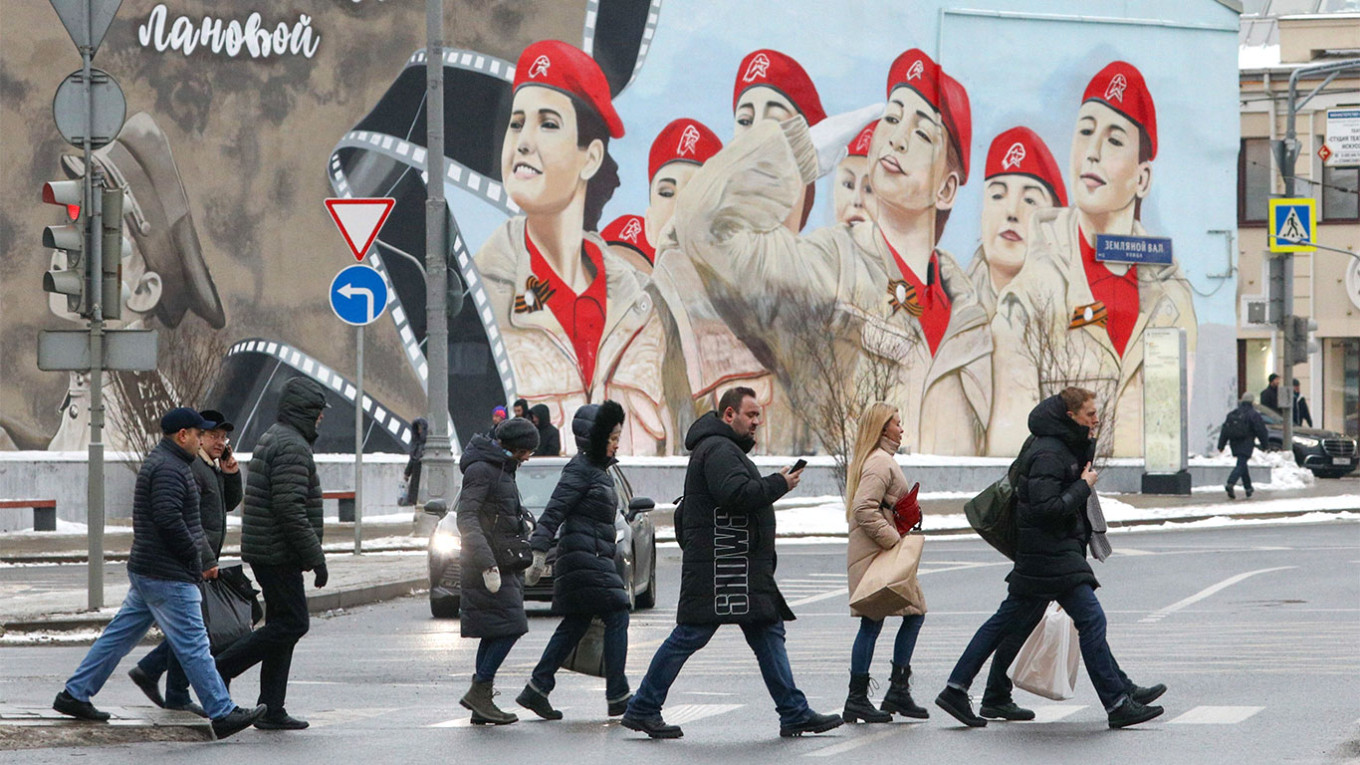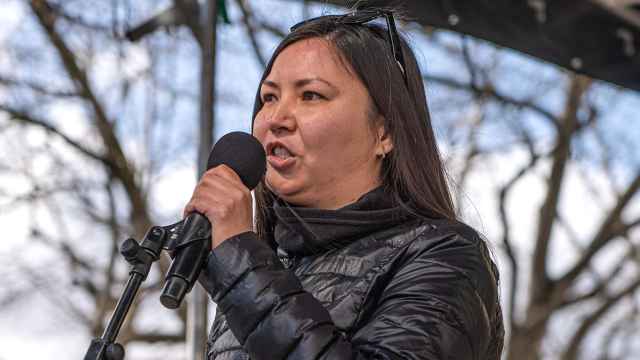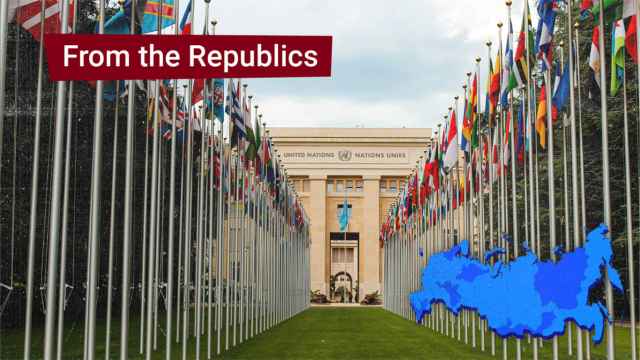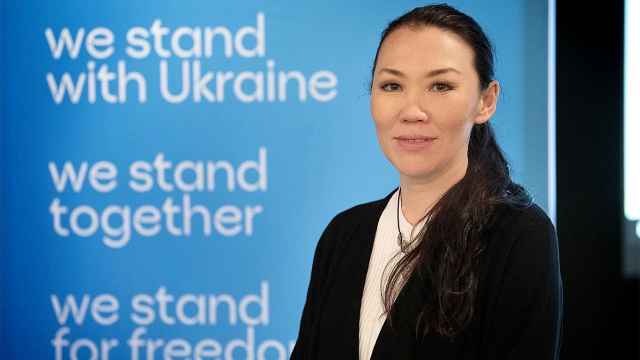Most of Russia’s 47 officially recognized small indigenous ethnic minority groups are shrinking in size, according to a report published by independent media outlet iStories on Monday.
The investigation discovered that over two-thirds of Russia’s small indigenous groups have decreased in size since the last national census a decade ago.
While Russia's multinational population includes over 190 non-Russian ethnic minorities, 47 of these have been given special status for their small size, collectively making up less than 0.001% of the population and numbering just 83,805 people in total.
Groups belonging to the category include the Kereks of Chukotka, a group that currently boasts just 23 people, while the much larger Nenets in the Russian Arctic and the Evenks in Siberia's Yakutia region have populations of just under 50,000.
The Russian invasion of Ukraine and the subsequent announcement of mobilization have contributed to population decline in these groups. While Russian law normally allows members of indigenous communities to perform civil rather than military service, that option does not apply during mobilization.
"If losses in war affect large ethnic groups for dozens of generations and for long periods of time, then for small peoples even the death of a few people is already a great tragedy,” Dmitry Berezhkov, editor of the Indigenous Peoples Russia website and a representative of the Itelmen people, told iStories.
“If there are only 200 people in a nation, and two young members die in the war, then two families will cease to exist," Berezehkov added, telling iStories that over 100 members of Russia’s small indigenous groups were already known to have died in the war, even though the real number is believed to be far higher.
Alexei Bessudnov, an associate professor of sociology at Britain’s University of Exeter has identified a difference in mortality rates between different ethnic groups among Russian servicemen in Ukraine. Bessudov found that a soldier from the Republic of Buryatia in the Russian Far East was 100 times more likely to die at war in Ukraine than someone from Moscow.
The investigation also found that Russia’s indigenous communities have been suffering from international sanctions and the exodus of Western businesses from the country. “Indigenous peoples can no longer appeal to international law. And Russian companies do not take their interests into account,” Berezhkov said.
In order to cut costs to fund the war in Ukraine, the Russian government has cut the already-small governmental support for its indigenous peoples by 10%, according to the draft federal budget.
"Ethnic activists say that the authorities are purposefully destroying these peoples, conscripting as many of them as possible to the war," Berezhkov told iStories, adding that "it may have to do with the fact that indigenous peoples live in poor places ... and they believe the authorities that they can make money from the war."
A Message from The Moscow Times:
Dear readers,
We are facing unprecedented challenges. Russia's Prosecutor General's Office has designated The Moscow Times as an "undesirable" organization, criminalizing our work and putting our staff at risk of prosecution. This follows our earlier unjust labeling as a "foreign agent."
These actions are direct attempts to silence independent journalism in Russia. The authorities claim our work "discredits the decisions of the Russian leadership." We see things differently: we strive to provide accurate, unbiased reporting on Russia.
We, the journalists of The Moscow Times, refuse to be silenced. But to continue our work, we need your help.
Your support, no matter how small, makes a world of difference. If you can, please support us monthly starting from just $2. It's quick to set up, and every contribution makes a significant impact.
By supporting The Moscow Times, you're defending open, independent journalism in the face of repression. Thank you for standing with us.
Remind me later.






